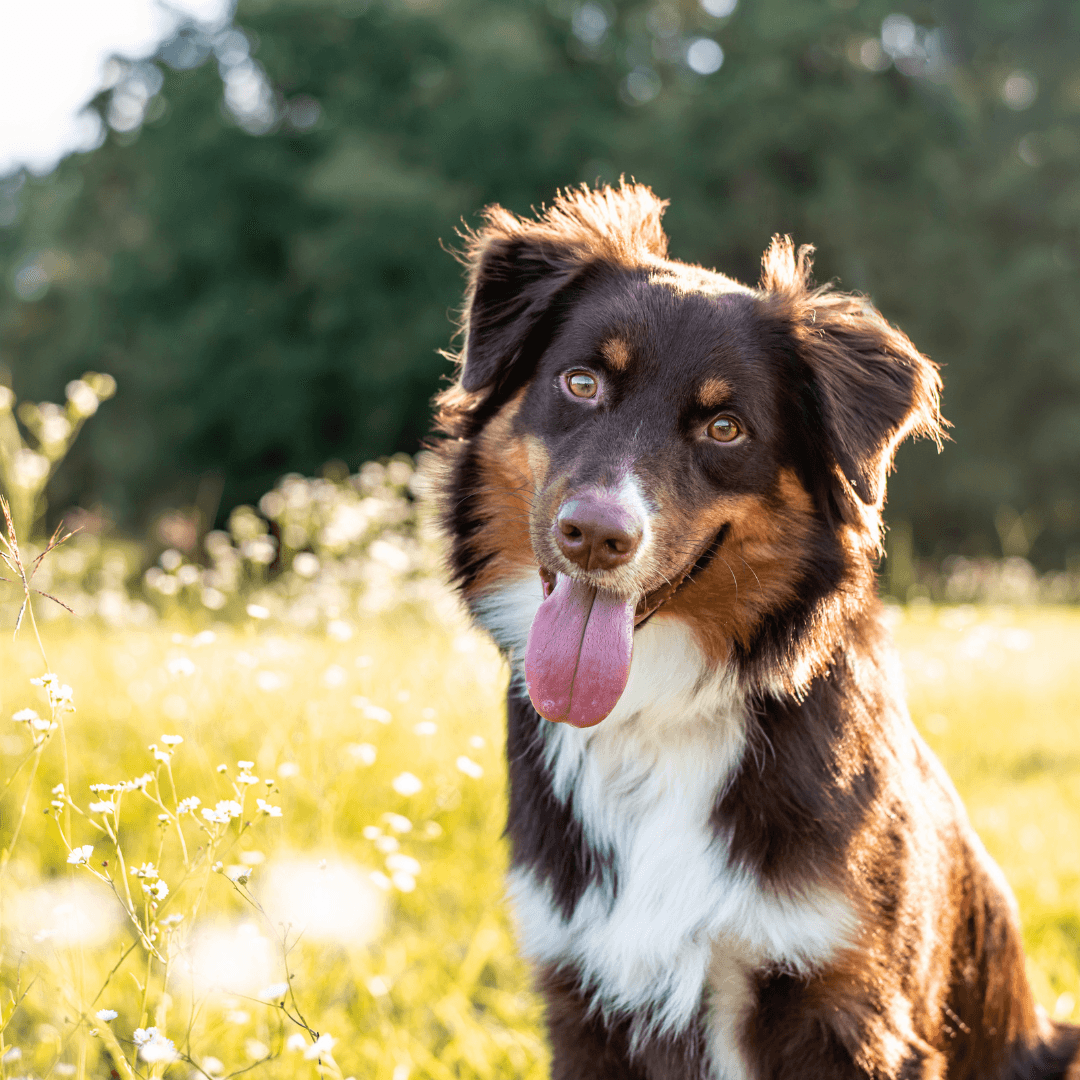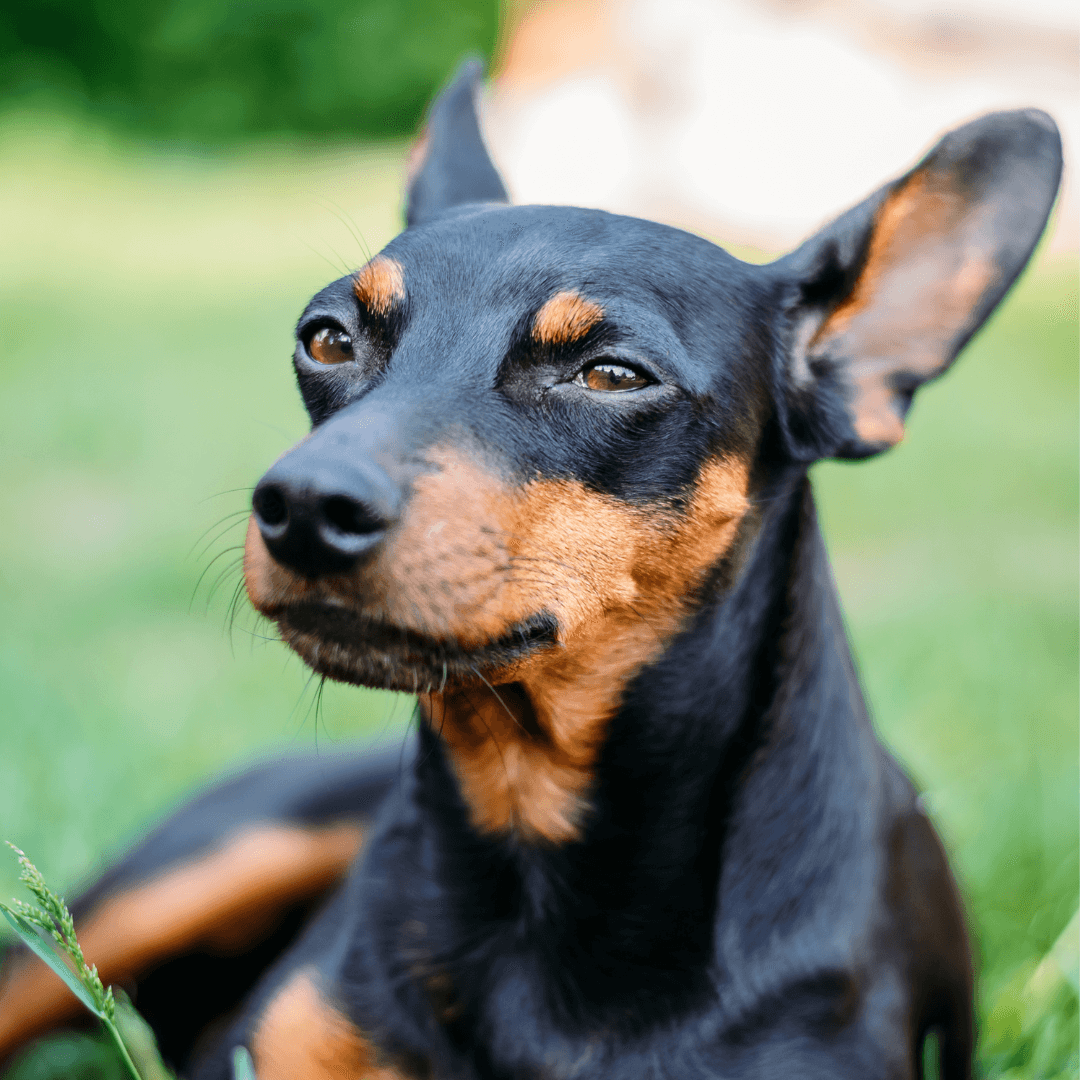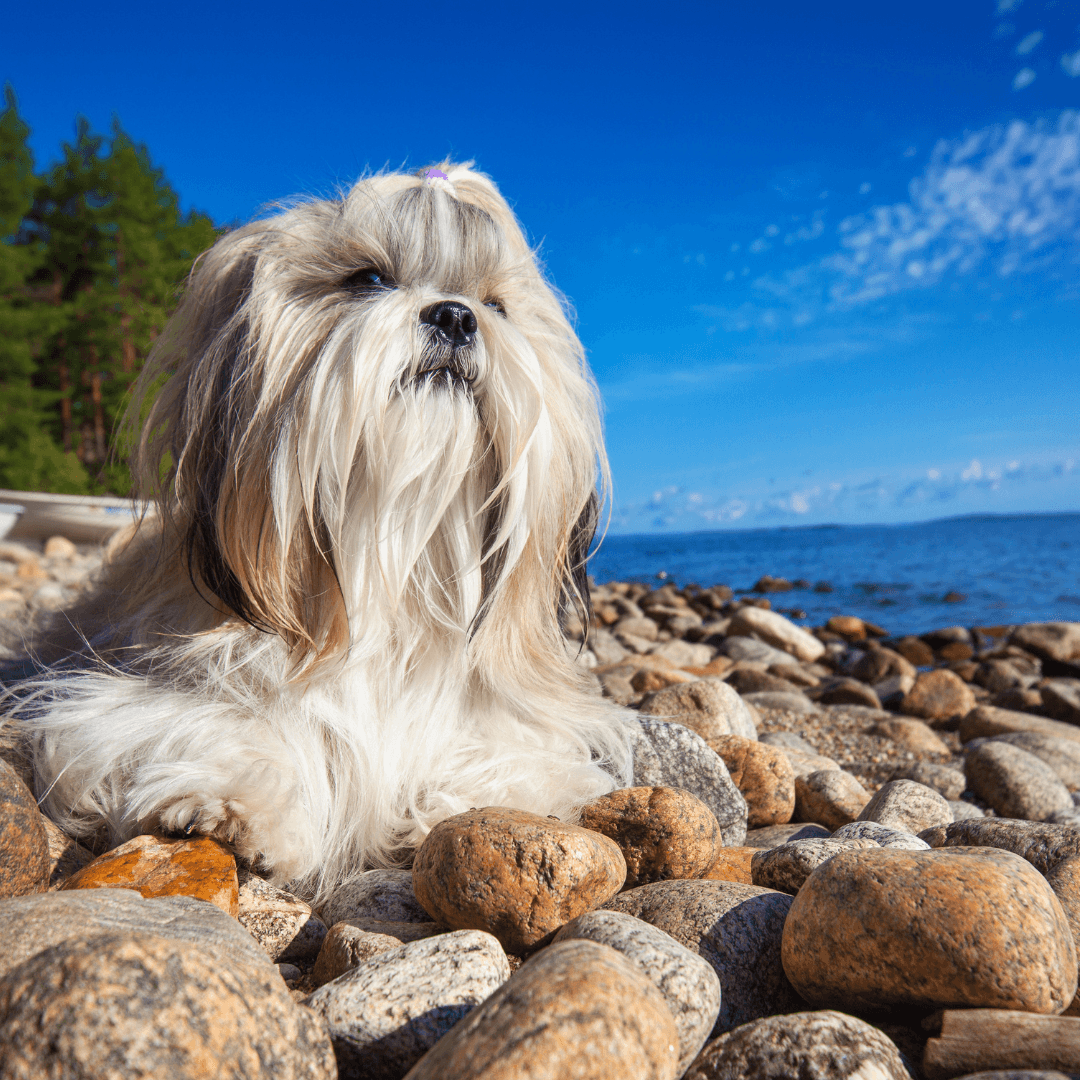Cocker Spaniel Guide
Information about the dog breed Cocker Spaniel
Weight: Male and female 13 - 15 kg
Height at the withers: Male 39 - 41 cm, female 38 - 39 cm
Energy level: Medium
Life expectancy: 12 - 14 years
Tendency to drool: Small
Tendency to snore: Slight
Tendency to bark: Slight
Tendency to dig: Slight
Social Needs: High
Designed for: Aggressive and retrieving hunting or for companionship
Colours: Many different! Including: black, white, golden and black
Health concerns: Generally healthy breed, but risk of hip and eye problems. Allergies and skin problems are also common.
A Cocker Spaniel is a great family dog that loves to work alongside its family. They enjoy learning new things, are often friendly and have lots of energy. A cocker spaniel is well suited to many different dog sports such as agility and game tracking. The breed often gets along well with other dogs.
Fur care of a Cocker Spaniel
The Cocker Spaniel has a so-called silk coat. This type of coat requires some care and needs to be trimmed about every two months. The coat needs to be brushed and combed through several times a week. Regular bathing and blow-drying your dog will help with coat care.
Dog clipping
Of course, your dog's claws need to be taken care of! Claws should be clipped as needed, but a recommendation is not to wait too long, once a month may be adequate. It's better to clip a little and often than a lot and rarely. You need to get your dog used to having its claws clipped from an early age, in the claw clipping course in the Lassie app we give you our best tips on how to clip your dog's claws!
Skin problems
You with a cocker spaniel need to be aware that there is a risk of them suffering from skin problems such as allergies. Just like us humans, dogs can be allergic to something in their environment as well as something in their food. Learn more about the different types of allergies and what the symptoms in our app cource.
Socialisation
Remember to socialise your dog. We recommend that you start practicing environmental training at an early age, you need to let your dog experience both sounds and places that it will experience even when it is an adult. Learn more about socialisation and environmental training in the Lassie app.
Oral care
Taking care of your dog's oral health is important, especially for you with a cocker spaniel. Regular tooth brushing is essential for good oral health. Getting your dog comfortable with brushing his teeth takes practice and patience.
New formations
Especially as your dog gets a little older, there is an increased risk of getting lumps or neoplasms as they are also known. A lump does not necessarily mean that the dog has cancer, there are both benign and malignant lumps. It is important to detect malignant lumps early, as there is often a better chance of the dog recovering. So get into the habit of feeling your dog regularly. You can learn more about how to feel your dog and the different types of lumps your dog can get in our app.
Lameness
It's also good to know that cocker spaniels are at risk of lameness. You can learn more about the different types of lameness and what to do if your dog is lame in the general lameness course in the Lassie app.






